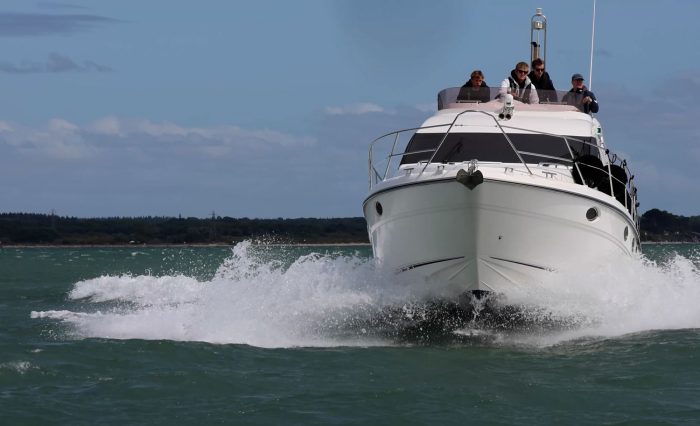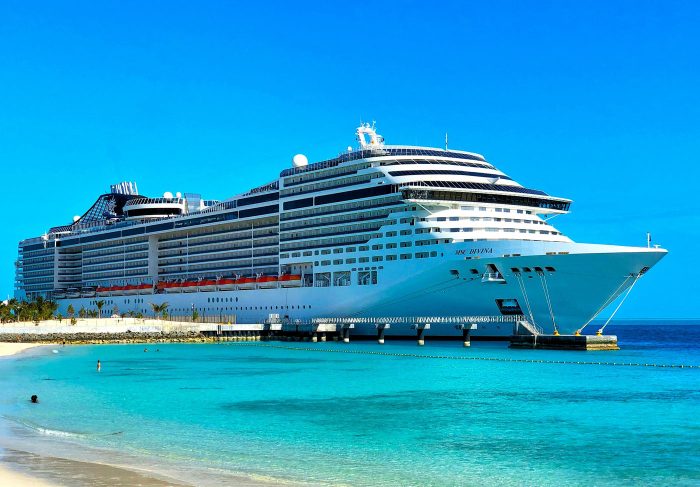If you work on board a Superyacht, did you know that you may be able to significantly reduce your tax bill?
It’s true – thanks to a tax legislation called the Seafarers’ Earning Deduction, UK residents who work at sea are exempt from UK income tax.
So, if you work on a Superyacht as a Deckhand or a Steward, read on to find out everything you need to know about why seafarers are exempt to pay tax and whether you can claim tax relief on your earnings.
Why are seafarers exempt from paying tax?
The Seafarers’ Earning Deduction is a piece of UK tax legislation that grants seafarers the right to claim 100% tax exemption on foreign earnings.
The law came into effect in 2012 after a 15-year battle between the trade unions and HMRC. However, many seafarers still fail to use the exemption and are missing out on a fantastic opportunity to claim exemption from taxation – either because they aren’t aware of it, are unsure how to claim it, or believed they didn’t’ qualify.
So, if you work on board a Superyacht and have yet to apply for Seafarers’ Earning Deduction, read on to see if you qualify for SED.
Your ultimate Seafarers’ Earning Deduction checklist
Check the criteria
To qualify for the Seafarers’ Earning Deduction, you must:
- Work or perform all your duties onboard a ship
- Have worked outside of the UK long enough to qualify – usually a period of 365 days
- Have been a resident in the UK
You won’t qualify for the dedication if you are:
- A Crown employee (for example, a Royal Navy sailor)
- Not a UK resident
Keep the right records
Whilst you might not need to pay tax from your employment on board a Superyacht, you are still legally required to declare your income to HMRC.
As such, you will need to complete a seafarers’ self-assessment tax return and also keep the following records, in case HMRC want to check your claim:
- A working sheet HS205
- Travel tickets and air tickets
- Hotel bills
- Passports and visas
- Seafarer’s discharge book
- Log of the ships you’ve worked on

How to claim Seafarers’ Earning Deduction
In order to claim SED, you need to have an eligible period of at least 365 days that’s mainly made up of days when you were absent from the UK.
The majority of these days should have been offshore, and you must have completed a voyage or part voyage that begins or ends outside of the UK. You are considered to be absent from the UK on a particular day if you are outside the UK at midnight at the end of that day and go to a foreign port.
During your qualifying period, you are of course permitted return visits to the UK, but these must meet the following guidelines:
- No single return visit may last for more than 183 consecutive days
- The total number of days you have spent in the UK is not more than one-half of the total number of days from your first day abroad to the last day of the period you spent abroad after that return visits
- Intervening days in the UK may only be counted if they occur between periods of absence
See – we told you it was complicated! Essentially though, you must have spent more than half of your time outside the UK since the beginning of your working overseas in order to claim SED.
If you choose to do your tax return with Flying Fish, we will provide you with simple forms to complete, then we will calculate your SED eligibility for you.
If you were resident in the UK
If you were resident in the UK, you’ll need to register for self-assessment and fill in a seafarers’ self-assessment tax return. In the tax return, you’ll need to give details of your income for the tax year you are claiming the dedication for.
Be careful to make your claim in time
There are time limits for claiming Seafarers’ Earning Deduction, so it’s important to complete your claim to make sure you don’t miss out.
For the tax year ending 5th April 2018 you must have claimed by 5th April 2022, for the tax year ending April 2019 you must claim by 5th April 2023, and for the tax year endings April 2020 you must claim by 5th April 2024 – and so on.
Need a bit more help?
If seafarers’ finance leaves you flustered, we’re here to help. In fact, here at Flying Fish, we run a seafarer’s tax service that especially designed to deal with yachtie finance.
So, whether you need help with your SED claim or assistance with your self-assessment, our team of tax specialists are on hand.
Simply contact our team today to find out more, or alternatively, register for our tax service here.






